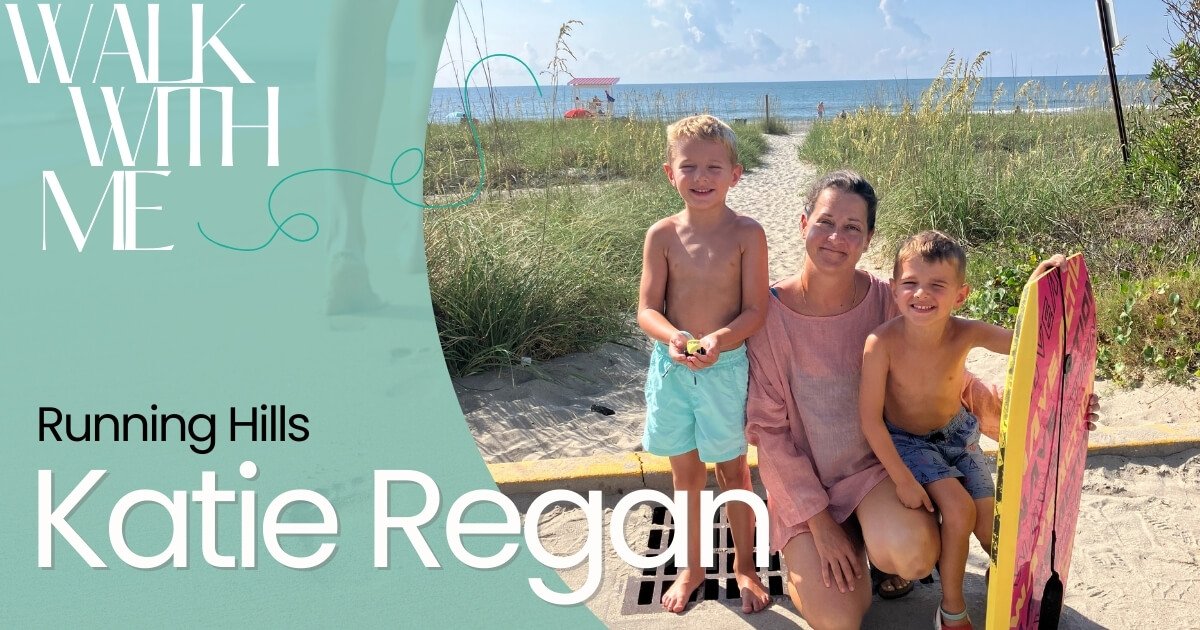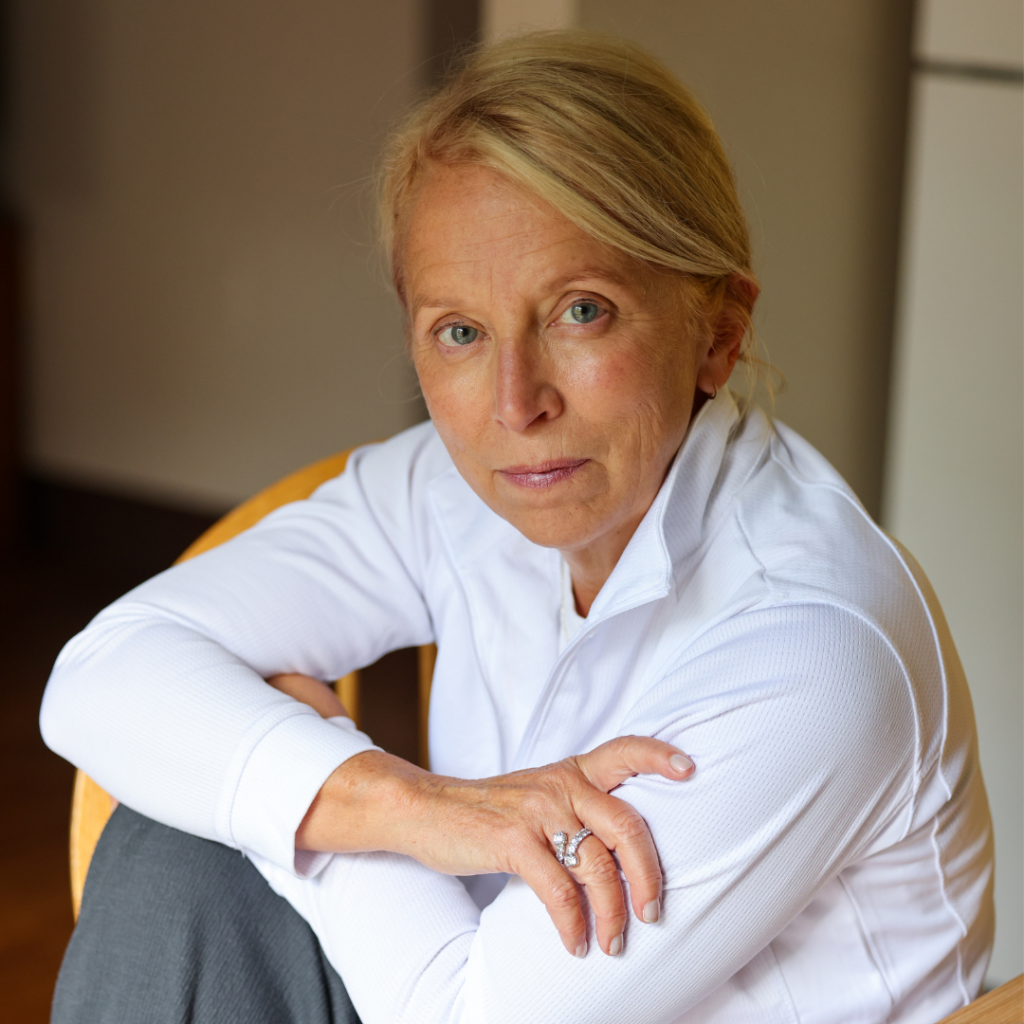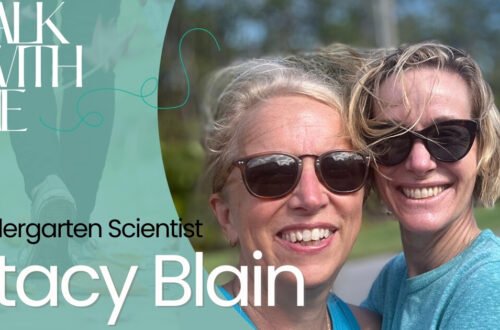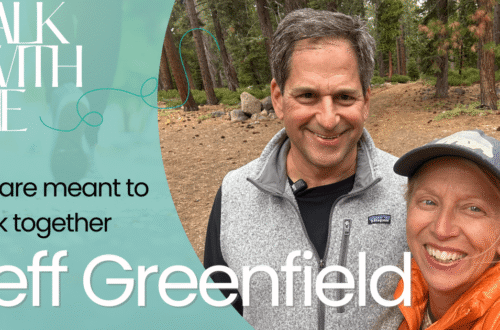Unlike my walk with anyone else, Katie Regan asks, “Do you want to run these hills?”
This is what I love about Katie – her energy. The lilt of her voice has a strength and a cadence that exudes confidence and captures your attention. It’s no wonder she specializes in communication.
I hadn’t warned her this was an official walk. She resisted. She hadn’t thought about it – hadn’t written some ideas down with pen and paper to share noteworthy insights. Without my having to say as much, she knew that postponing was not an option and without another word, she moved from hesitation to embracing our walk. That’s Katie – one exhale and she takes on the moment in front of her. I moved gently into conversation by offering her a choice of our starting point: leadership, learning differences, motherhood.
She lands on the idea that learning differences is best to ignite our conversation, yet within minutes, we are discussing parenting as we are both mothers with two children – one of which has been identified with a learning difference. The day you find out your child is far from your tree, the elements of motherhood and learning are inextricably linked.
At four, Ella was flagged for dyslexia effects on her literacy skills. She was not being recommended for Kindergarten. For Katie, she and Brandon were told their son had autism. In each case, someone looked at an assessment and followed the prescribed script that certain test results led to a particular diagnosis. The Regans were told their son would need to attend a specialized school. Although I was the Head of School, I got the same advice. WCDS was possibly not a fit for my own daughter as well.
An unexpected hill appeared on the paths of our separate journeys. Maybe that’s why Katie likes to run the hills. Like I had years earlier, she took on the challenge presented and decided that there was no need to find another school.
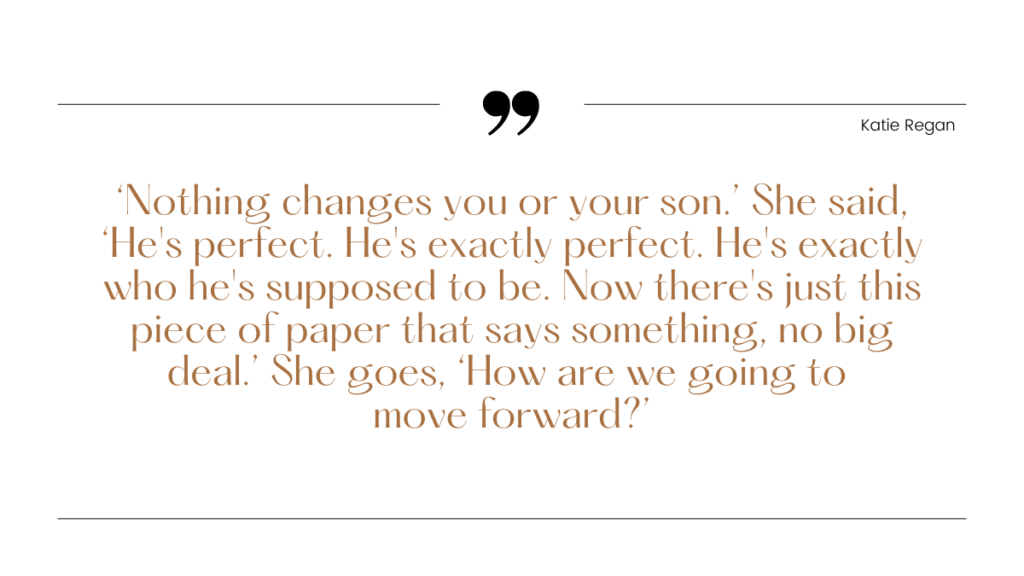
Katie: If we chose that school he would be treated a certain way every day. Expectations would be different for him. I asked, ‘Why don’t we set our bar up here…’
She reaches her hand above her own head and measures just how much she believed in her son. She acknowledges his brain works differently, but reminds herself that both boys’ minds are different from hers and from each others’. She allows that to amaze her and to teach her. It is her nature to be curious. She is fascinated that we cannot raise our children the same no matter how we might try…the second born has a different audience: a sibling.
Katie: Whenever they’re acting differently, you’re parenting them differently. Over time, how we as adults are growing and changing, also changes the way we then parent, whether we know it or not. So you never actually raise all your kids the same way, even though you think you are.
I can’t help but think of Sir Ken Robinson. In his Ted Talk, How to Escape Education’s Death Valley, he challenges, “I’ll make you bet and I am confident I will win. If you have two children or more I bet they are completely different from one another.” Imagine 24 or 30 of them in the room. All completely different from one another. Yet he continues, “Education is based not on this diversity but on conformity…if you sit kids down, hour after hour, doing low grade clerical work, don’t be surprised if they start to fidget.” He pushes us that children are not suffering from their diagnoses. They are suffering from childhood and the fact that schools don’t let them be natural curious and creative learners.
You begin to live what Sir Ken Robinson preaches when one of your children receives a diagnosis.
Katie: I walked out of that room and I’m processing all this information. My head is spinning. I had my sister in law talk me off the ledge because she’s a reading specialist and she knows all these things. And she said, ‘Katie, nothing changes you or your son.’ She said, ‘He’s perfect. He’s exactly perfect. He’s exactly who he’s supposed to be. Now there’s just this piece of paper that says something, no big deal.’ She goes, ‘How are we going to move forward?’
Move forward they did. Trust me, after the fear and worry of a diagnosis subside, you see learning more clearly. To borrow from Ryan Holiday, the challenge of the diagnosis was the way. You see the possible negative paths ahead, so you take the opportunity to relish the joy that your child is exactly “who he is supposed to be.” The beauty of it all lies in the learning differences. These differences are not just challenges; they’re opportunities to redefine what education and growth and success look like. When that apple falls far from the tree, we have to remove our ego from the equation and appreciate our diversity – even in our own family. I’ve come to appreciate the concept that every child learns differently. One path forward that they all need to follow is absurd.
Parenthood, it seems, is not just about guiding our kids; it’s about evolving with them. There’s a raw vulnerability in apologizing to your children, admitting that you’re still figuring this whole ‘being a mom’ thing out. And as our children grow, so do we. They challenge us, question our decisions, and in doing so, teach us the art of humility and patience. It’s not about having all the answers but about being open to the journey and the growth it brings.
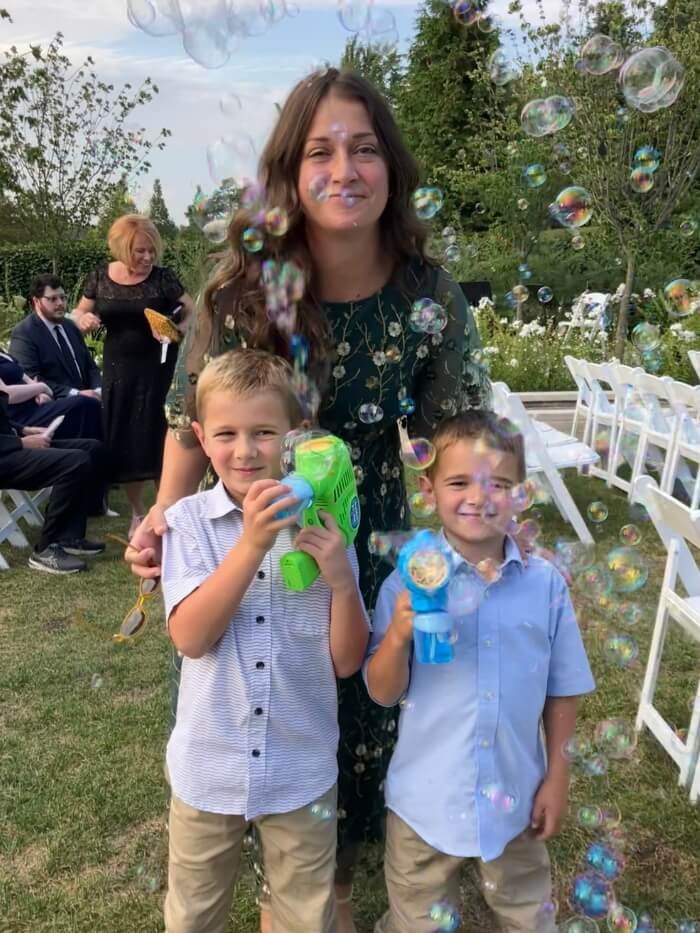
And in parenting a child with learning differences, we find not just collateral beauty, but also a richness that redefines thriving. Who gets to define success? Is it a test score? A college acceptance? A salary? Increased profit? More time with our family? More purpose?
Katie: When I left corporate America to run my own company full time, I said, I want to live a purposeful life. I said, I don’t want to do this rat race anymore, where every day I feel like a failure in some way. Every single day I failed at something.
And I have kids. Every day, I was like, I’m not doing anything 100%. I didn’t have mom guilt. I had life-guilt. I thought to myself, I’m not excelling anywhere.
That’s what I decided to do… work fewer hours so that I can live a purposeful life. And it happened immediately. It went from every day feeling like I was not doing enough at work, not doing enough at home, never doing anything correctly or the way I wanted to, to feeling like I had the opportunity to make decisions, to do things the way I thought was right. And it changed my whole life. My whole life improved because of trying to live purposefully.
So here’s to the journey – with all its unexpected hills that will challenge us, take our breath away, but afford us a new perspective from the top. That is a purposeful life.

